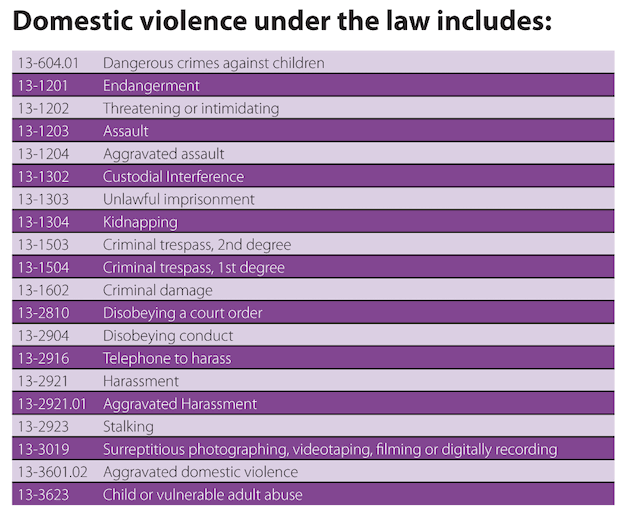
Domestic Violence And Negotiating Divorce: Forms of domestic violence, seeking legal protection and creating a safety plan for victims to get out.
Everyone has heard stories about divorces that turn violent, those cases in which a couple doesn’t just stop speaking to each other, or pits their children against their other parent, but in which someone winds up hurt, or even killed.
In fact, such incidents are unfortunately common – the National Coalition Against Domestic Violence (NCADV) reports that intimate partner violence accounts for 15% of all violent crime. Furthermore, in domestic violence cases where there is a gun in the home, the likelihood of homicide increases by 500%. These are issues we can’t afford to ignore, but what is the right way to respond?
When addressing domestic violence, including in cases of divorce, there are several key factors that need to be taken into consideration. These include the different types of abuse, whether the abused spouse has the ability to safely leave the situation, whether there are children or even pets involved, and what legal recourse is available to the victim.
Forms Of Domestic Violence
One of the major challenges that individuals face when trying to escape domestic violence is that not all forms of violence are equally recognized. So, while physical abuse is easily understood, many people downplay other forms of domestic violence, such as emotional and economic abuse, property damage, or control and manipulation. For example, a spouse who isolates their partner from friends might be characterized as jealous, rather than abusive, which can make it harder for the victimized individual to seek help.
Seeking Legal Protection
Another major challenge facing victims of domestic violence is that it can be difficult to access the necessary legal protections to escape an abusive relationship. After all, doing so typically requires a degree of freedom and financial resources that many abuse victims don’t have. Furthermore, filing for divorce can actually trigger increased violence, making the situation more dangerous, as seen in a recent murder-suicide case, which took place four days after the husband was served with divorce papers. Given this reality, some abuse victims seek out protective orders in conjunction with their divorce filings.

Protective orders, which are different from restraining orders and particular to their jurisdiction, are particularly beneficial to victims of domestic violence because they significantly restrict the types of permitted interactions. As Terre Haute family law attorney Rowdy Williams explains, “Protective orders can offer a degree of reassurance to individuals who have experienced stalking, harassment, or other forms of intimate partner violence and can make it easier for the police to make an arrest in the event the order is violated.”
However, it’s important to remember that a protective order is a legal restriction, not a physical mode of protection. A determined abuser may still seek to circumvent the order or even escalate their violence in response to such actions.

Creating A Safety Plan
Any time an individual aims to leave an abusive relationship, whether or not that abuse has ever been physical, it’s important that they have a safety plan in place. A safety plan is a way of protecting yourself from being harmed by your partner, and may involve factors like identifying times when you can leave the house when they aren’t present, people who can provide housing, hotline numbers and shelter locations, and contingency plans for children and pets. You may need to inform your job or your children’s schools about the circumstances, as well, in order to prevent them from releasing information to your partner.
Domestic violence is a serious issue and one that tends to progressively escalate over time, which means it’s important to get out as soon as you can. And though escaping such violence can be scary and even dangerous, with support from friends and family, you can get away from your abuser and have a fresh start.






